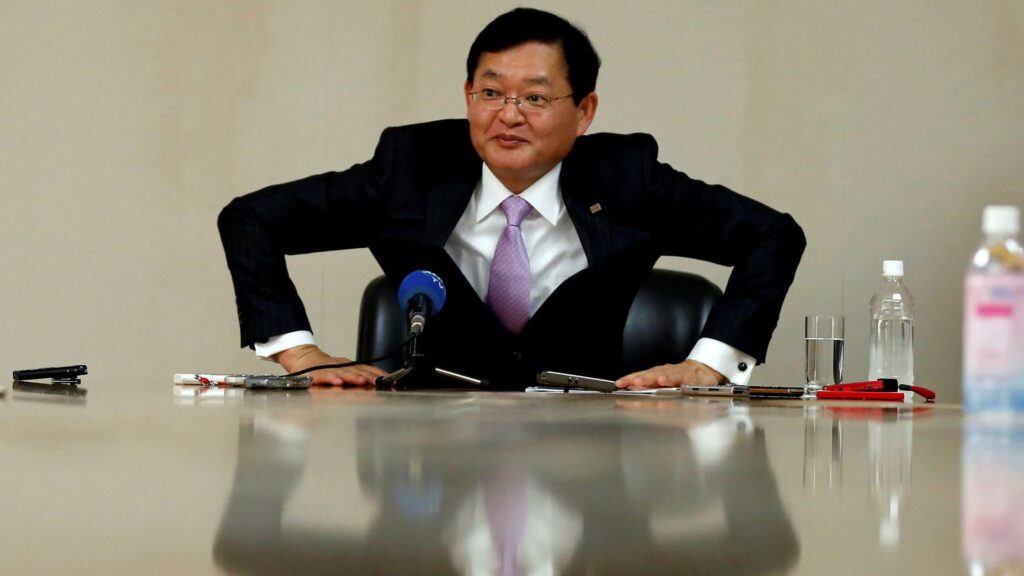Panasonic insists Blue Yonder deal will help it meet software challenge

Panasonic has a chequered history in acquisitions but the Japanese conglomerate insists its $7.1bn purchase of Blue Yonder is worth the steep price as it will help address its biggest weakness in software capability.
The sense of crisis driving Panasonic’s deal is pervasive across Japanese companies, which once thrived in the era of consumer electronics hardware. But they have struggled as global demand shifted to software and with the creation of huge technology companies such as Apple and Amazon.
In March, Hitachi agreed to buy GlobalLogic, a Silicon Valley software engineering company, for $9.5bn.
“As everything becomes digital, it’s becoming increasingly difficult to differentiate through hardware,” Yasuyuki Higuchi, a Panasonic executive who heads its connected solutions business, said in an interview. “Naturally we have a real sense of crisis and we need to have software.”
The former chief executive of Microsoft’s Japanese business oversaw talks to acquire Blue Yonder and has sat on the board of the US supply chain software company since Panasonic first acquired a 20 per cent stake last year.
After announcing the deal on April 23, shares in the battery supplier for Tesla fell as much as 14 per cent. Investors baulked at the high price and questioned whether the Japanese group’s management would be able to manage such a large acquisition in a different industry.
Panasonic struggled with its two big acquisitions: the 1990 purchase of MCA, then the owner of Universal Pictures, for $6.6bn and the ¥800bn takeover of smaller rival Sanyo Electric and another subsidiary in 2011.
Analysts have also questioned the benefits of more recent deals including its $1.6bn acquisition in 2015 of Hussmann, an American manufacturer of refrigerated display cases.
“We believe Panasonic has a weak track record especially when it comes to large deals,” Jefferies analyst Atul Goyal said in a recent report.
Higuchi argues that the Blue Yonder deal breaks from the past since it is an investment in a software company with predictable and stable revenues. The US supply chain specialist, which serves 3,000 companies including Coca-Cola and Walmart, generated $1bn in sales last year, of which 67 per cent were recurring revenues.
“With such a high recurring ratio, their revenue is mostly set like a utility,” Higuchi said. “We have also managed to retain the management so the success ratio is very high.”
Still, analysts wonder what the two companies can do better with Panasonic’s full ownership that the Japanese company could not do with a 20 per cent stake.
Blue Yonder’s enterprise value has jumped from $5.5bn a year ago to $8.5bn even though its revenue has remained mostly flat. Operating profit margin has fallen to 1.7 per cent from 10 per cent in the past three years.
Panasonic executives want to expand Blue Yonder’s client base in Japan and combine its hardware, such as security cameras and sensors, with the US group’s software to enhance supply chain management.
Putting aside the price, Citigroup analyst Kota Ezawa said the latest acquisition addressed some of the serious challenges faced by Panasonic.
“They need a recurring business model, a large software asset and a gateway and distribution channel to do business out of Japan, so these were all things that were required to survive competition,” Ezawa said.
“So it fills a few of the gaps, but obviously this deal is not the entire answer to how Panasonic shifts to software and subscription services.”